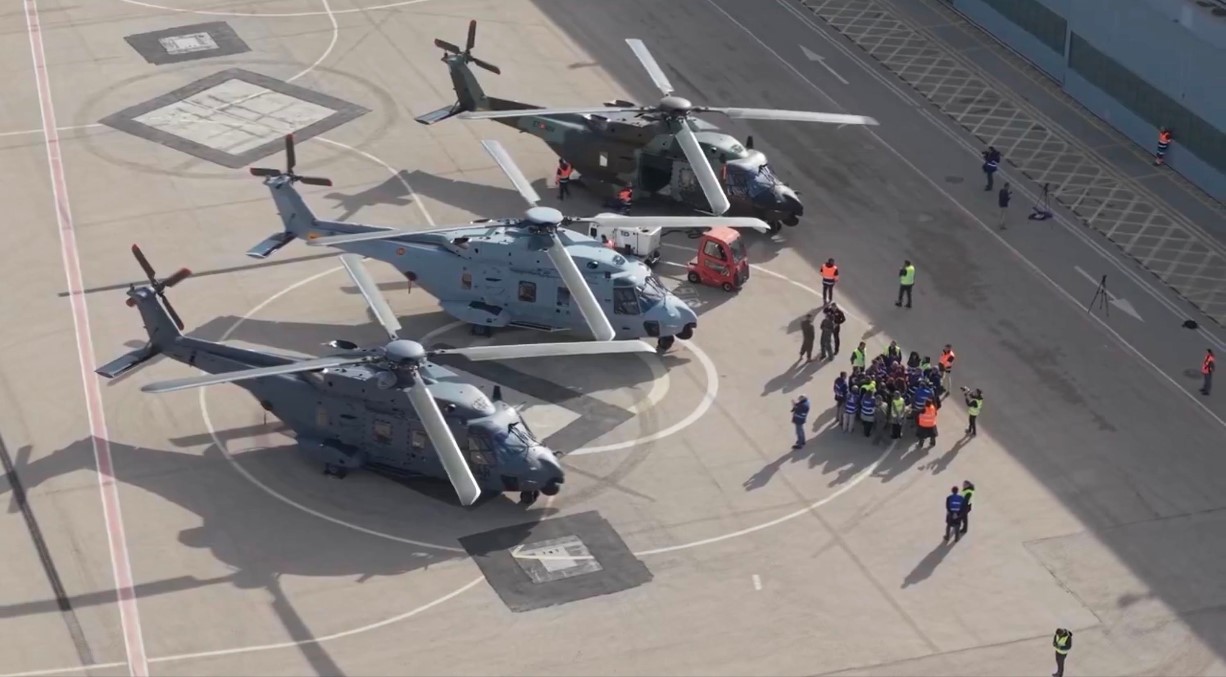India's S-400 Air Defense Acquisition: Remaining Regiments Expected from Russia by 2025

India ,Russia
India accelerates defense acquisitions, set to receive remaining S-400 missile systems from Russia and two frigates, bolstering national security amidst geopolitical complexities.
India's defense landscape is witnessing significant developments with the imminent reception of the remaining S-400 Triumf missile systems from Russia. Originally slated for earlier delivery, the process was hindered by the ongoing conflict in Ukraine. However, the latest timeline indicates that India is poised to receive the remaining two regiments of the advanced surface-to-air missile systems by next year.
Under a USD 5.5 billion agreement, India has already taken possession of three units of the S-400 Triumf missile systems, marking a substantial investment in bolstering its air power capabilities. These acquisitions are particularly crucial amidst evolving security dynamics, notably from neighboring China and potential threats from Pakistan.
In addition to the S-400 systems, India is also anticipating the delivery of two Russian-built frigates, further enhancing its naval capabilities. INS Tushil is expected to arrive in September, followed by INS Tamal in January, after experiencing delays attributed to Russia's involvement in the Ukrainian conflict.
These acquisitions are part of broader defense agreements, including a four-frigate deal signed in 2018. While delays have occurred, India remains committed to strengthening its defense capabilities through strategic partnerships.
The decision to proceed with the S-400 deal despite warnings of potential sanctions under the CAATSA act reflects India's pragmatic approach to national security. The deployment of these systems along the borders with China and Pakistan underscores India's proactive stance in safeguarding its territorial integrity.
Moreover, India is concurrently advancing indigenous defense projects, such as Project Kusha, spearheaded by the Defence Research and Development Organization (DRDO). Set for deployment by 2028-29, Project Kusha aims to equip the Indian Air Force with a long-range air defense system, further augmenting India's defense capabilities against diverse threats.
India's diplomatic stance amidst the global geopolitical landscape remains measured, with a preference for dialogue-based resolutions to conflicts. Unlike some other leading powers, India has refrained from direct criticism of Russia's actions in Ukraine, emphasizing the importance of diplomatic engagement.
In conclusion, India's strategic acquisitions of the S-400 Triumf missile systems and forthcoming warship deliveries signify its unwavering commitment to enhancing national security. These endeavors, coupled with indigenous defense projects, underscore India's determination to navigate complex geopolitical challenges while prioritizing its defense interests.


